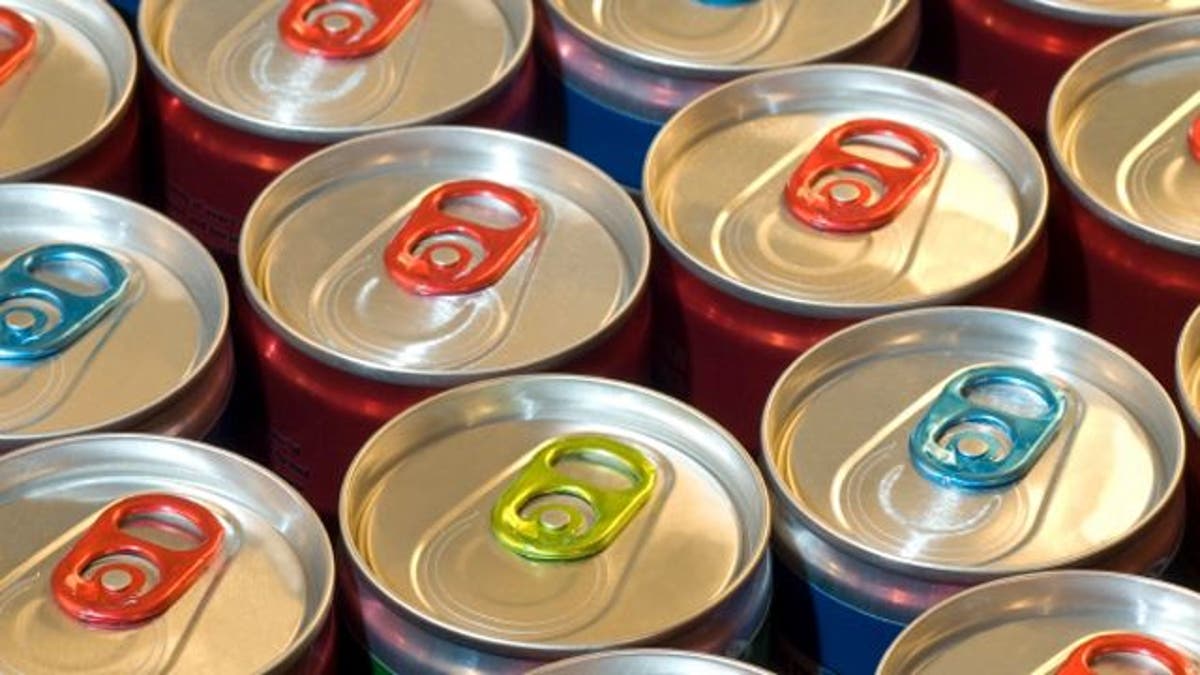
A new reported confirmed by the FDA has revealed the popular caffeine shot, 5-hour Energy, may be linked to 13 deaths, which have occurred in the past four years.
While 5-hour Energy’s website does not list the exact amount of caffeine in their products, the company claims the 2-ounce energy shot contains “caffeine comparable to a cup of the leading premium coffee.” However, according to the company's founder and CEO, Manoj Bhargava, the average 5-hour Energy drink contains a little less than 200 mg of caffeine.
Overall, energy drinks like this one play absolutely no role in your daily consumption of liquids. As long as you’re healthy, energy should come from a balance of diet, exercise and rest.
A lot of these drinks have stimulants, which can increase your heart rate, increase your blood pressure and stimulate your central nervous system. Realizing these potential side effects, there are people who should never be consuming energy drinks under any circumstances.
Patients with the following conditions should steer clear of 5-hour Energy and other highly caffeinated beverage at all times:
- People with cardiovascular problems – including high blood pressure, a history of myocardial infraction (MI), or a history of arrhythmia
- People who have problems with their gastrointestinal tract – especially those with ulcers or irritable bowel syndrome
- People with severe liver problems – especially patients who have cirrhosis of the liver, either due to alcohol abuse or hepatitis
- People who have kidney failure – especially those on dialysis or people with chronic kidney disease due to severe diabetes
- People with a history of panic attacks.
Along with these groups of individuals, I’m also extremely concerned with young people taking these products. First of all, it interferes with their sleep patterns, which is very important to maintain – especially for kids who are in school.
I’m very worried about young athletes using these energy drinks as well. Caffeine is a diuretic and makes you dehydrated. When your body is dehydrated, it can alter your electrolytes, ultimately putting a young heart at risk for an arrhythmia.







































